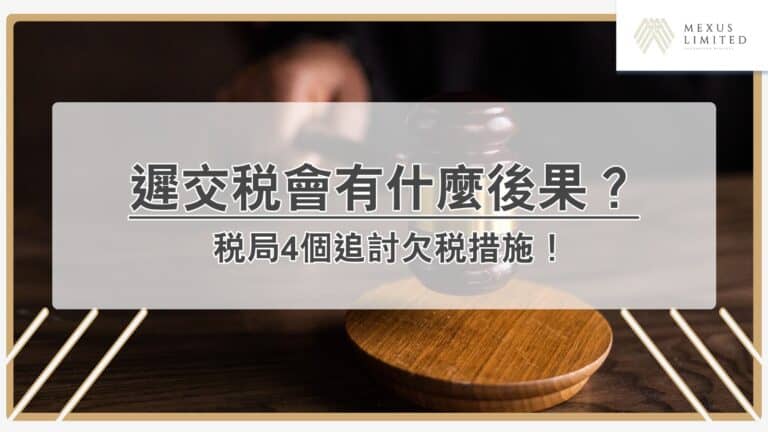Do taxpayers have an automatic right of appeal in respect of tax appeals lodged in relation to profits tax disputes?
On August 24, 2011, the Court of Final Appeal ruled against the taxpayer. Taxpayers’ tax appeals do not carry an automatic right of appeal.
BACKGROUND
C G Lighting Ltd v Commissioner Of Inland Revenue
The Taxpayer is a local company. The taxpayer claimed that it was only liable to 50% profits tax as its profits were partly generated in Hong Kong and partly generated in the PRC. The taxpayer’s claim reflects the treatment of local companies under the “contract processing” arrangement as set out in the Departmental Interpretation and Practice Notes (DIPN) No. 21. Under the contract processing arrangement, only 50% of the profits are chargeable to profits tax as a result of the manufacturing activities carried out partly in Hong Kong and partly in China.
Previously, the taxpayer manufactured goods in the PRC on a “contract processing” basis. However, the taxpayer subsequently set up a foreign investment enterprise (FIE) through a wholly-owned subsidiary established in the PRC.
The business of the PRC subsidiary was mainly to manufacture lighting fixtures in the PRC. In order to facilitate the manufacturing process, the taxpayer provided its PRC subsidiary with raw materials, technical know-how, management personnel, production skills, computer software, product design, skilled craftsmen, training, supervision, as well as plant and manufacturing machinery. All the above items are provided by the taxpayer to its PRC subsidiary free of charge.
The PRC subsidiary was responsible for providing the plant and labor for the production of lighting fixtures in exchange for the monthly processing fee paid by the taxpayer. The monthly processing fee paid by the taxpayer was equivalent to the operating costs and management fees of the PRC subsidiary.
The taxpayer considered that the above arrangement was no different in nature from the previous “contract processing” arrangement. The taxpayer therefore argued that 50% of the profits generated under this arrangement should not be subject to profits tax according to the Departmental Interpretation and Practice Notes (DIPN) No. 21.
This tax case has been the subject of many appeals. The taxpayer’s appeal to the Board of Review was successful. However, in the subsequent appeals lodged by IRD, both the Court of First Instance and the Court of Appeal ruled against the taxpayer.
The taxpayer eventually sought leave to appeal to the Court of Final Appeal.
The Argument
The taxpayer argued that, having regard to the amount of money involved, its tax appeal had a right of appeal under section 22(1)(a) of the Hong Kong Court of Final Appeal Ordinance. Apart from that, the Court also has the discretion to grant an appeal under section 22(1)(b) of the HKCFA Ordinance in respect of a tax appeal involving a sum of money of significant general or public importance.
Under section 22(1)(b) of the Hong Kong Court of Final Appeal Ordinance, questions of great general or public importance should be submitted to the Court for determination.
The CFA’s ruling
On 24 August 2011, the Court of Final Appeal handed down its judgment. The Appeal Board held that the financial propositions to be assessed had not been liquidated and did not fall within the scope of section 22(1)(a) of the Hong Kong Court of Final Appeal Ordinance. As the profits tax revenue is subject to assessment, the tax demand falls outside the scope of the said Ordinance. The appeal sought to be made by the taxpayer is therefore unsubstantiated.
As regards section 22(1)(b) of the Hong Kong Court of Final Appeal Ordinance, the Board does not consider that there is any question of principle of law that needs to be resolved in the taxpayer’s proposed appeal. In the absence of any question of principle of law to be resolved, the Appeal Board considers that there is no basis for granting the taxpayer leave to appeal. Leave to appeal under section 22(1)(b) of the Hong Kong Court of Final Appeal Ordinance would only be granted in rare and exceptional circumstances. The Appeal Board does not accept that such circumstances exist in this case.
Conclusion
This tax case is the first time that a taxpayer has applied for leave to appeal to the CFA after being challenged by the Commissioner of Inland Revenue. It is also the first time since the establishment of the CFA that a taxpayer’s application for leave to appeal has been refused.
The Appeal Board’s decision effectively puts an end to the claim by a Hong Kong taxpayer engaged in manufacturing in the PRC that 50% of the profits should not be chargeable to profits tax under the Departmental Interpretation and Practice Notes (DIPN) No. 21, in circumstances which in essence amounted to a “contract processing” arrangement. The appeal and the taxation arrangement of “contract processing” are still subject to uncertainties. If you are in any doubt, please consult a tax or legal professional.



